Olive oil can be good for dogs when used in moderation. It contains healthy fats and antioxidants, which can support your dog’s coat, skin, and overall health. Olive oil may also aid in digestion and help with joint health, especially in older dogs. However, it should be used sparingly to avoid issues like weight gain or digestive upset. High-quality extra virgin olive oil is the best choice. Always consult your vet before adding olive oil to your dog’s diet.
Is Extra Virgin Olive Oil Good for Dogs?
– Extra virgin olive oil is beneficial for dogs when used in moderation.
– It contains healthy fats and antioxidants that support skin, coat, and overall health.
– It is a high-quality option with more nutrients and fewer additives than other olive oils.
– Use sparingly to avoid potential issues like weight gain or digestive upset.
Is Olive Oil Good for Dogs Skin?
Yes, olive oil is good for dogs’ skin. Its rich content of healthy fats, particularly omega-3 fatty acids, helps keep the skin moisturized and can reduce dryness and flakiness. The antioxidants in olive oil, like vitamin E, also contribute to skin health by protecting it from damage and promoting healing.
Regular use of olive oil can lead to a healthier, shinier coat and can be especially beneficial for dogs with dry or sensitive skin. However, it should be used in moderation to avoid any potential side effects.
What Types Of Olive Oil Can Dogs Eat?
Dogs can safely eat several types of olive oil, with extra virgin olive oil being the best choice. Here are the main types:
1. Extra Virgin Olive Oil: This is the highest quality and most nutrient-rich type of olive oil. It is cold-pressed, which preserves its beneficial antioxidants and healthy fats. It’s the best option for dogs due to its purity and nutrient content.
2. Virgin Olive Oil: Like extra virgin, virgin olive oil is also cold-pressed and retains many of the beneficial nutrients. It’s a good option if extra virgin olive oil is unavailable.
3. Pure or Regular Olive Oil: This type is more processed than extra virgin or virgin olive oil and may have fewer nutrients. It’s still safe for dogs but not as beneficial as the higher-quality options.
4. Light Olive Oil: This oil is highly processed and has a milder flavor and lighter color. It has fewer nutrients and is less recommended for dogs compared to extra virgin or virgin olive oil.
For the best health benefits, extra virgin olive oil is the most recommended choice for dogs.
Is it safe for dogs to eat olive oil?
Yes, dogs can safely eat olive oil if it’s given in moderation. Olive oil is full of healthy fats and antioxidants that can enhance a dog’s coat, skin, and general well-being. It may also help with digestion and support joint health, particularly in older dogs. However, it’s important to use it sparingly, as excessive amounts can cause weight gain or digestive issues. Extra virgin olive oil is the best option for dogs, but it’s always a good idea to consult your veterinarian before adding it to your dog’s diet.
What happens if dogs eat too much?
If dogs consume too much olive oil, several issues can arise:
1. Digestive Upset: Overconsumption of olive oil can lead to gastrointestinal problems, such as diarrhea, vomiting, or an upset stomach. This happens because the oil can be too rich for a dog’s digestive system to handle in large amounts.
2. Weight Gain: Olive oil is calorie-dense, and excessive intake can contribute to weight gain or obesity. Extra calories from olive oil can add up quickly, especially if your dog is not very active.
3. Greasy Coat: While olive oil can improve coat health in moderate amounts, too much can result in a greasy or oily coat. This can lead to a messier appearance and potential skin issues.
4. Pancreatitis Risk: In severe cases, excessive fat intake from olive oil can increase the risk of pancreatitis, a condition where the pancreas becomes inflamed. Pancreatitis can cause symptoms like abdominal pain, loss of appetite, and lethargy.
To avoid these problems, it’s crucial to use olive oil in moderation and consult your veterinarian before making significant changes to your dog’s diet. If you notice any adverse effects after giving your dog olive oil, contact your vet for advice.
Is Olive Oil Good for Dogs Constipation?
Yes, olive oil can help with constipation in dogs. Its natural laxative properties and healthy fats can aid in promoting smoother bowel movements. Adding a small amount of olive oil to your dog’s food can help lubricate the digestive tract and make it easier for your dog to pass stools.
However, it’s important to use olive oil in moderation to avoid gastrointestinal upset or other issues. For most dogs, about 1/4 to 1 teaspoon per meal is sufficient, depending on their size. If your dog’s constipation persists or is accompanied by other symptoms, it’s best to consult your veterinarian for a proper diagnosis and treatment plan.











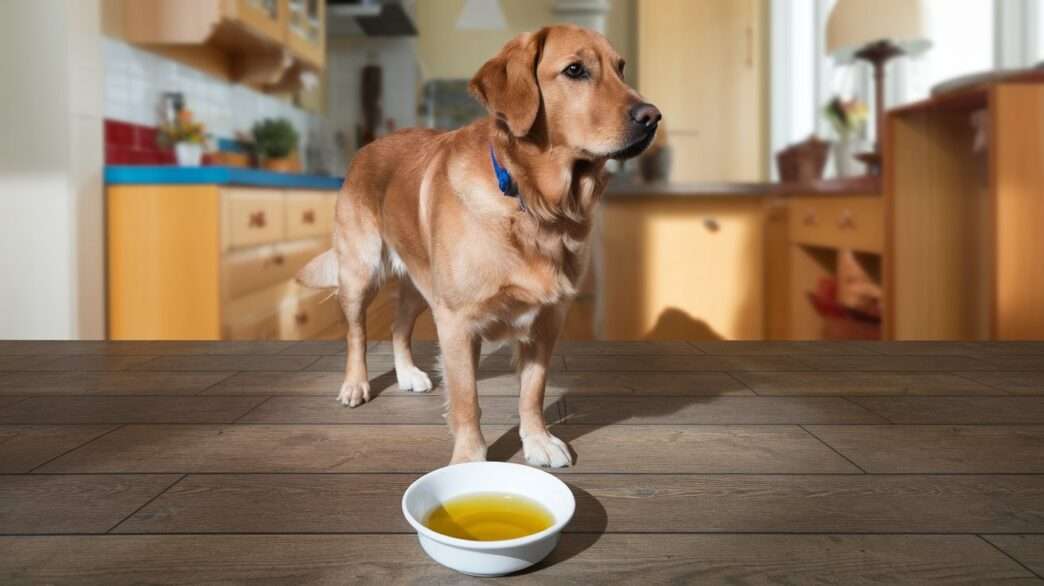









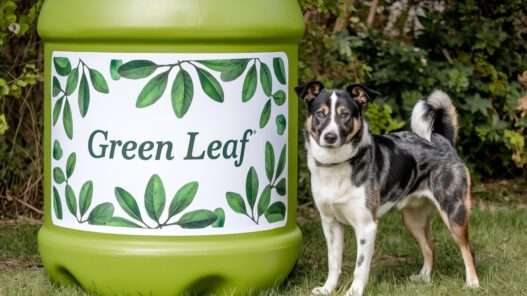
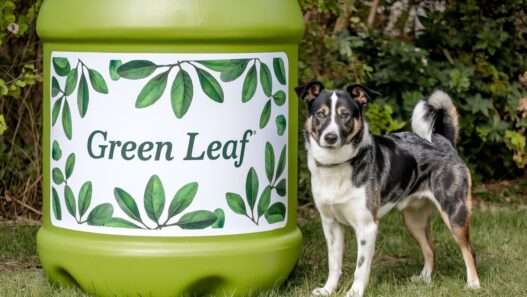




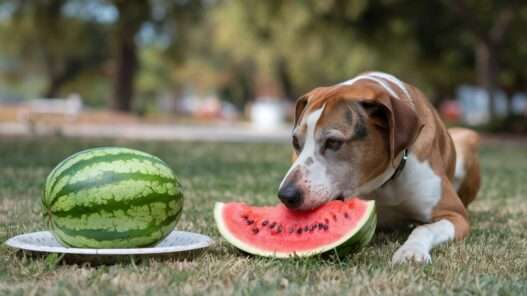
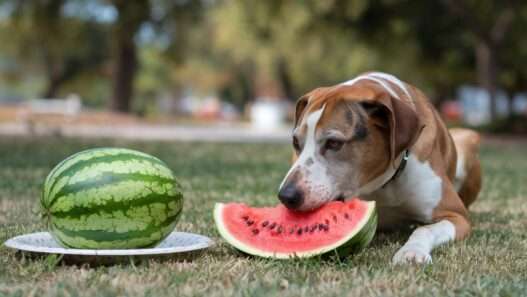


This post is a game-changer. I\’ve learned so much from it – thank you!
I\’m glad you enjoyed it! Your kind words inspire me to keep creating informative content.
I\’m so glad I found your site. Your posts are consistently excellent.
I love how your posts are always so well-structured and easy to follow.
Your post is a true masterpiece. I\’ll be referencing it in my own work.